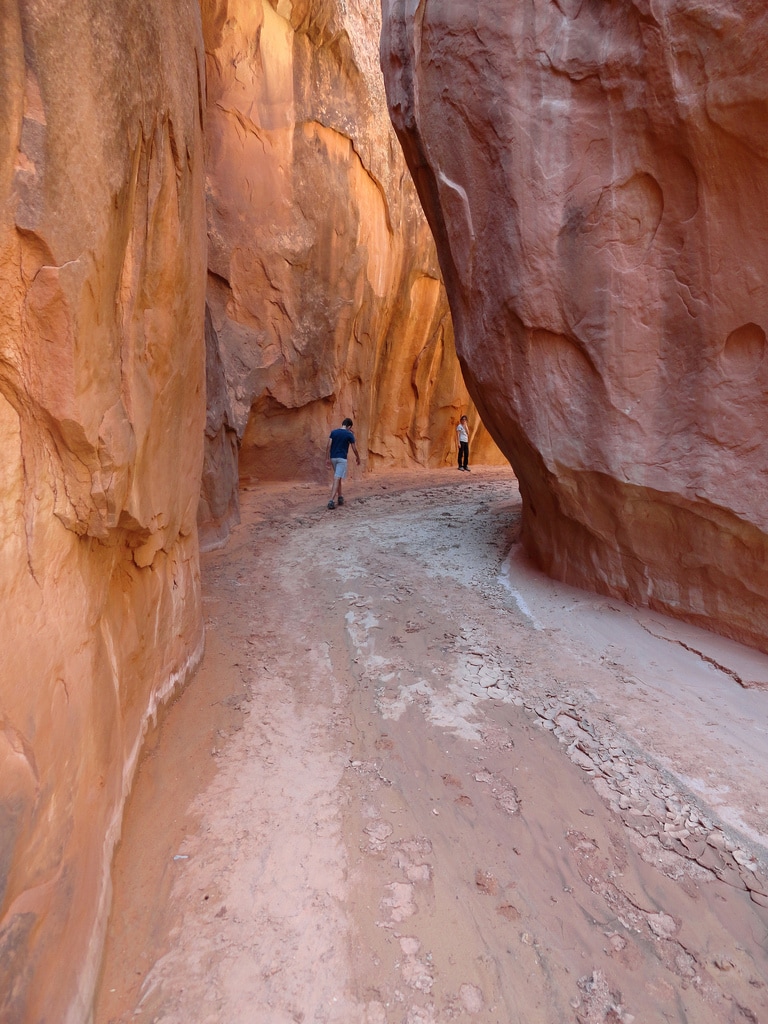| Monumental questions abound. Can a president undo the national monument designation of a previous president? Actually, that one may be a bit premature, even though it’s being asked in a lot of corridors of power and by news organizations nationwide. The more relevant question at the moment may be, will President Donald Trump actually rescind Barack Obama’s designation of the Bears Ears National Monument in Southern Utah? And the question that generally follows is, will he then reduce the size of the Grand Staircase-Escalante Monument? But a larger, overriding question waits in the wings. If the president succeeds in undoing a monument designation — which never has been done — how would that change the way future presidents use |
| | the Antiquities Act, which grants them unilateral power to create monuments? How would the threat that a future president might use his or her power to undo a designation change the incentives stakeholders have to negotiate in good faith when it comes to protecting scenic or sacred lands? If you listen to Utah’s Republican political leaders, environmental groups never had much incentive to compromise over Bears Ears because they were confident Obama would give them what they wanted in a monument. Rep. Jason Chaffetz, R-Utah, told the KSL and Deseret News editorial boards Tuesday that if Trump undoes Bears Ears, that would change. “At that point we’ll have those on the environmental end of the equation actually come to the table with a sincere interest in getting it done,” he said. “I don’t think in retrospect that the Department of Interior ever truly wanted to come to the table and talk it through.” All of which may be why observers expect a hard-fought legal battle to challenge Trump’s authority, should he decide to undo what Obama did. As a recent Washington Times piece on this issue noted, the only thing close to a precedent on the matter is a 1938 U.S. attorney general opinion stating that a president has no such revoking power. But as the paper noted, that has not been legally challenged. The Times also quoted William Perry Pendley, president of the Mountain States Legal Foundation, saying it would be “insane” to think one president could bind all future presidents with the stroke of a pen. The Christian Science Monitor also examined the subject, quoting a Colorado law professor and “expert” on the Antiquities Act as saying he thinks presidents have power to “modify or revoke” monuments, but that, again, courts have yet to weigh in. Ultimately, if Trump does rescind Bears Ears, the matter may end up before the U.S. Supreme Court, where his newly nominated justice, Neil Gorsuch, might be a pivotal vote, should his appointment have been confirmed. Trump might avoid a legal battle by simply reducing the size of the two Utah monuments. Other presidents have done this to other monuments. Again, however, their power to do so has not been challenged in court. Meanwhile, Chaffetz and Sen. Orrin Hatch, R-Utah, are risking some of their own political capital on President Trump taking action. Each of them has met separately with Trump. Both emerged confident he would act. Both could lose a measure of influence if he doesn’t. “Very confident,” is how Hatch described his feelings on the subject during a press availability session at the state Capitol on Wednesday. Hatch said he spent more than an hour with Trump recently and both Bears Ears and Grand Staircase-Escalante came up. Chaffetz told the editorial boards the monuments were the first things that came up in his meeting with the president. He described Trump as “conversant” on the subject. Chaffetz hopes to revive a version of the Public Lands Initiative he and Rep. Rob Bishop, R-Utah, had sponsored as a negotiated solution to Bears Ears and other lands issues. If Trump undoes a monument and survives a legal challenge, it would put one more weapon in the political arsenals of future conservative candidates. Presidents would retain the power to create monuments, but the threat that a future president might change everything could make them more careful, even as it might force all parties to negotiate settlements on lands issues. That might not be such a bad thing. |


 RSS Feed
RSS Feed

